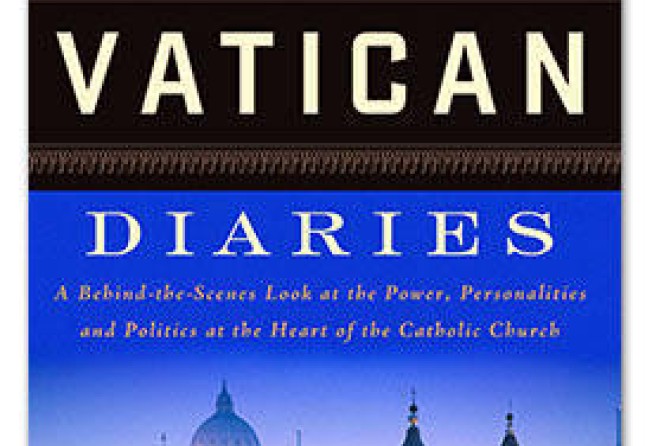
Book review: The Vatican Diaries, by John Thavis

The Vatican Diaries
by John Thavis
Viking

Now, author John Thavis provides the background for the decision in his excellent The Vatican Diaries, which concludes just before Benedict's renunciation.
Thavis, who was the Vatican correspondent for the United States Catholic News Service for more than 25 years, recounts the frustration of a journalist dealing with an organisation that remains hamfisted about its press relations.
He found that the Vatican was far from a monolith but "endearingly" disorganised. For Thavis, its "backstage reality is infinitely more interesting than the caricatures of power and authority which dominate mainstream media". He gets at issues through the people involved, using deft narrative and sly humour.
The most amusing chapter recounts the incongruities when popes go with scores of sceptical journalists on trips, often to unlikely places such as Kazakhstan and Lesotho. Among other subjects are the endless negotiations with the breakaway Latin Mass hardliners (Lefebvrists); the Vatican dithering over whether to proceed with the canonisation of Pius XII, accused of an inadequate response to the Holocaust; the banalities of prominent visitors to the Vatican including George W. Bush's awkward attempts to make small talk with a taciturn Benedict ("You're looking great, sir").
Of course there is lots of sex, including the Vatican's handling of the case of Mexican pervert Marcial Maciel Degollado, who founded the Legion of Christ religious order, and other sexual predator priests.
Thavis, who considers the subsequent cover-ups more damaging than the sexual misbehaviour itself, says Benedict took the right direction but moved too slowly.
The list of gaffes during Benedict's reign is long but there is space here for only one: after removing the sanctions against four Lefebvrist bishops, the Vatican realised that one of them, England's Richard Williamson, was a Holocaust denier and it then had to backtrack. This made Benedict, who has always stressed what Judaism and Catholicism have in common, seem anti-Semitic.
Sometimes Benedict learnt from the mistakes, but the basic problem was that he was not an administrator but a scholar.
He introduced some reforms in the central administration, but in certain cases there was resistance and in others the reforms were botched. This took its toll on Benedict but his innovative response was to step down, which allowed election of a successor who can begin with a clean slate. It has made for a dramatic few months at the headquarters of a religion with more than a billion adherents: Thavis' excellent book will put you in the picture.